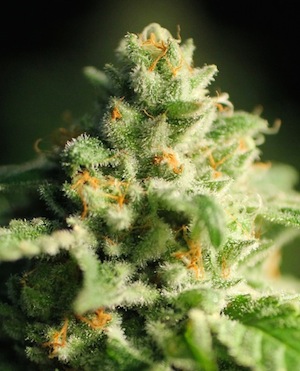With the legalization of hashish in Canada, the field has burgeoned, encompassing many sectors, which include cultivation, distribution, and retail. Between these, the hashish seed company performs a pivotal role, giving the genetic basis for the complete hashish provide chain. However, like any burgeoning marketplace, the cannabis seed sector faces its special set of difficulties and opportunities. In this report, we delve into the landscape of cannabis seed enterprises in Canada, discovering the hurdles they experience and the avenues for progress and innovation.
Regulatory Environment:
Navigating the regulatory framework is potentially the foremost challenge for hashish seed businesses in Canada. Although cannabis legalization has opened doors, stringent rules govern the output, distribution, and sale of seeds. Organizations ought to adhere to Wellness Canada’s demanding rules, together with licensing needs, high quality handle measures, and packaging rules. In addition, compliance with provincial polices adds one more layer of complexity, as every single province could have its particular policies regarding cannabis seeds.
High-quality Manage and Genetic Stability:
Sustaining the top quality and genetic steadiness of cannabis seeds is paramount for seed businesses. Guaranteeing that seeds make dependable, higher-quality plants with the ideal qualities is crucial for both equally cultivators and customers. However, difficulties this kind of as genetic drift, cross-contamination, and hermaphroditism pose challenges to seed top quality. Seed companies have to spend in rigorous testing and breeding courses to safeguard genetic integrity and meet industry requires for reputable and powerful strains.
Marketplace Competitors:
The hashish seed current market in Canada is turning into more and more competitive, with new gamers getting into the fray and set up models vying for marketplace share. Differentiating oneself amidst this crowded landscape is a important obstacle for seed corporations. Building model recognition, presenting special genetics, and offering excellent purchaser assistance are important strategies for standing out in the marketplace. What’s more, fostering partnerships with cultivators, stores, and market stakeholders can support seed enterprises increase their access and marketplace existence.
Entry to Banking and Economic Products and services:
Regardless of the legalization of cannabis in Canada, many monetary establishments stay cautious of serving hashish-associated corporations, which includes seed companies. This reluctance stems from the ongoing stigma surrounding hashish and problems about regulatory compliance and economical hazard. As a consequence, a lot of seed organizations deal with challenges in accessing primary banking services, these kinds of as loans, merchant accounts, and traces of credit. Beating these money hurdles is vital for the progress and sustainability of hashish seed organizations.
Research and Innovation:
The swiftly evolving landscape of cannabis legalization offers ample prospects for analysis and innovation in the seed sector. Companies that devote in breeding programs, genetic investigation, and product enhancement stand to obtain a competitive edge. Establishing website here with exceptional cannabinoid profiles, illness resistance, and environmental adaptability can capture the fascination of cultivators and consumers alike. Also, checking out emerging traits these as organic and sustainable cultivation methods can position seed firms as leaders in the field.
Export Alternatives:
Although the Canadian industry presents important possibilities for cannabis seed firms, the likely for international growth need to not be missed. As hashish legalization gains momentum globally, there is expanding desire for Canadian genetics in worldwide markets. Establishing strategic partnerships and distribution channels overseas can open up up new revenue streams and diversify the consumer foundation. Even so, navigating intercontinental rules, trade boundaries, and cultural distinctions requires mindful setting up and current market research.
Conclusion:
The landscape of cannabis seed businesses in Canada is characterized by a mix of issues and alternatives. Navigating the regulatory framework, guaranteeing seed good quality, and standing out in a competitive marketplace are crucial worries that firms should tackle. Nonetheless, with strategic scheduling, innovation, and a determination to quality, seed businesses can capitalize on the burgeoning hashish industry’s development trajectory. By embracing these issues as options for expansion and adaptation, cannabis seed firms can cultivate good results in Canada’s environmentally friendly landscape.
